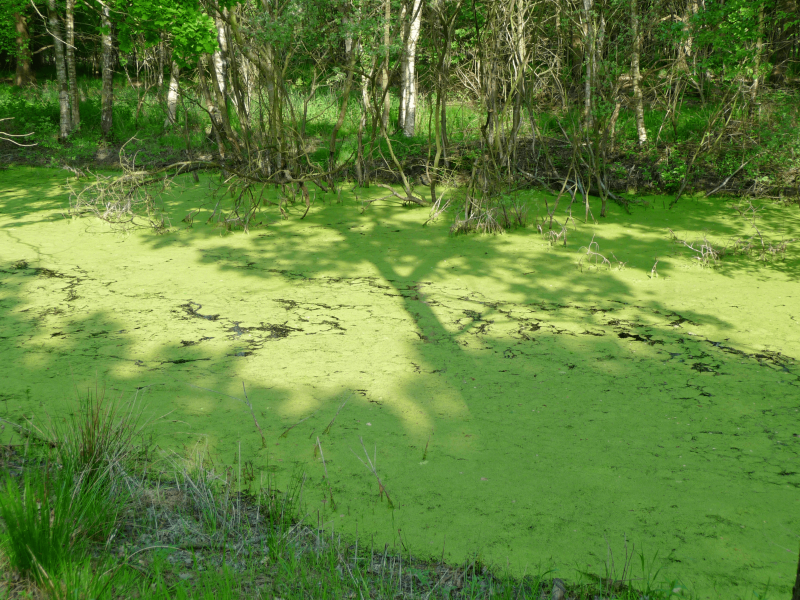Researchers at the University of California, San Diego (UCSD), believe algae could be a new kind of superfood thanks to its high protein and nutrition content. They make their case in a paper recently published in the journal Frontiers in Nutrition that examines the current scientific literature on microalgae, a catch-all term for the thousands of microscopic algal species and other photosynthetic organisms like cyanobacteria found in various aquatic environments.
“Many of us have known the potential of algae for food for years, and have been working on it as a food source, but now, with climate change, deforestation, and a population of eight billion people, most everyone realizes that the world simply has to become more efficient in protein production,” said co-author Dr Stephen Mayfield, a professor of biology at UCSD and director of the California Center for Algae Biotechnology.
…
“The biggest advantage is the protein production per acre,” Mayfield noted. “Algae simply dwarf the current gold standard of soybean by at least 10 times, maybe 20 times, more production per acre.”
In addition, some algal species can be grown in brackish or salty water – and, in at least one case, wastewater from a dairy operation – meaning freshwater can be reserved for other needs.































